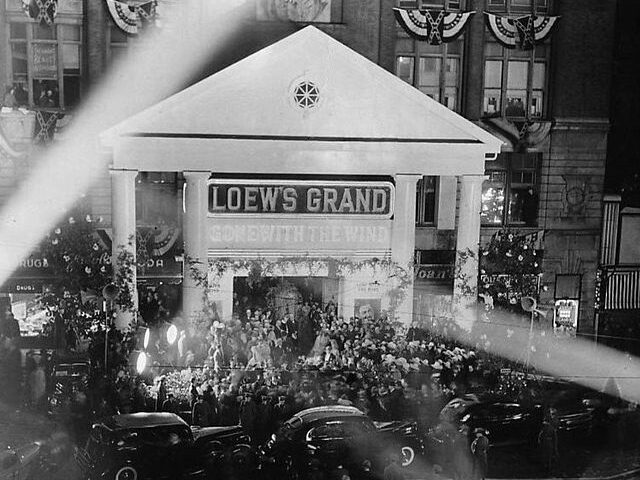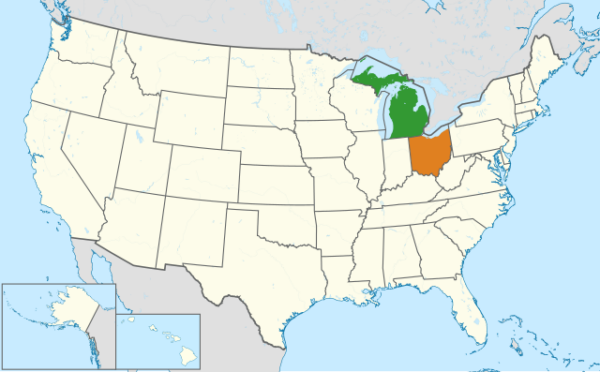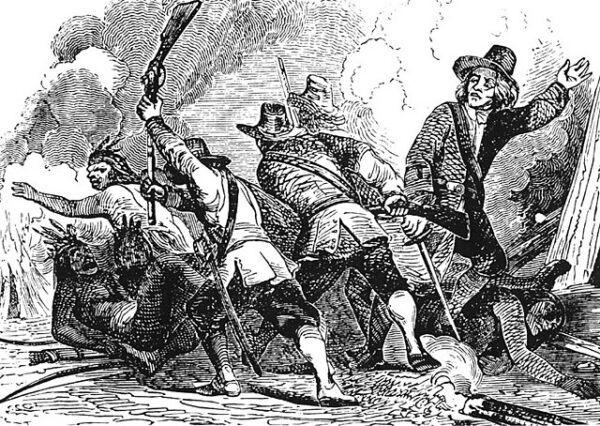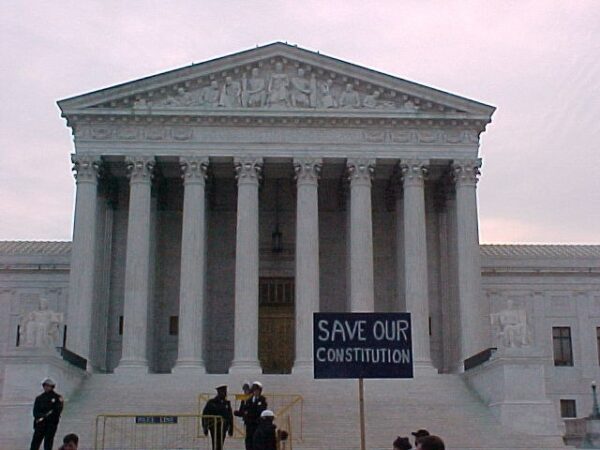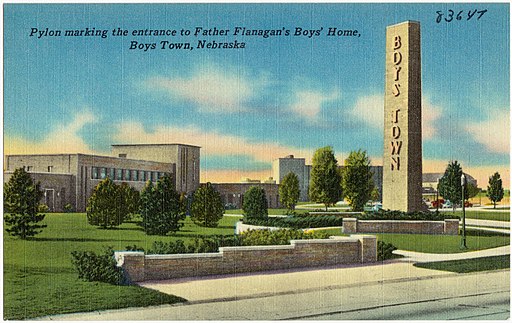The most famous ‘tea party’ ever took place on the evening of December 16, 1773, in Boston Harbor, Massachusetts. The Sons of Liberty, led by Samuel Adams, writes The History Channel, rallied “against British Parliament and protested the Griffin’s Wharf arrival of Dartmouth, a British East…
Read MoreIn the lively streets of late 19th-century New York City, the air was filled with the enticing aromas of roasted chestnuts and sizzling sausages, blending with the vibrant calls of street vendors selling their goods. Among these vendors was Italo Marchiony, an Italian…
Read More“Gone with the Wind,” one of the most iconic films in cinematic history, premiered on December 15, 1939, at Loew’s Grand Theatre in Atlanta, Georgia. The event was a grand spectacle, attended by numerous celebrities, dignitaries, and the film’s cast and crew. The premiere…
Read MoreOn December 14, 1903, at the windswept dunes of Kitty Hawk, North Carolina, Orville and Wilbur Wright made their first attempt at history. The brothers had dedicated years of meticulous research and experimentation to achieve controlled, sustained flight, and this moment marked the culmination…
Read MoreOn December 14, 1836, the long-running Toledo War—a peculiar and bloodless boundary conflict between Michigan Territory and Ohio—reached its unofficial end when Michigan delegates convened at the so-called “Frostbitten Convention.” They voted to accept Congress’ proposed terms for statehood, closing a contentious chapter in…
Read MoreThe National Guard, a vital component of American defense and community service, traces its origins to December 13, 1636. On that day, the General Court of the Massachusetts Bay Colony took the decisive step of organizing its militia into three regiments. This move, aimed…
Read MoreThe capture of Saddam Hussein was a pivotal moment in modern history, marking a significant turning point in the aftermath of the 2003 invasion of Iraq. On December 13, 2003, American forces, acting on intelligence information, located and apprehended the former Iraqi president near…
Read MoreOn December 12, 2000, the United States Supreme Court issued its decision in Bush v. Gore, a pivotal case that effectively determined the winner of the 2000 presidential election. The case emerged from the extraordinarily close vote in Florida, a state with 25 critical…
Read MoreDuring the late 1910s, while ministering to the homeless of Omaha, Nebraska, Father Edward Joseph Flanagan became interested in young people and their struggle to grow into responsible, productive adults. He wanted to help them improve their lives and soon founded Boys Town on…
Read MoreOn December 11, 2008, Bernie Madoff, a highly regarded Wall Street financier and former Nasdaq chairman, was arrested for orchestrating one of the largest Ponzi schemes in history. As the founder of Bernard L. Madoff Investment Securities LLC, Madoff faced securities fraud charges after…
Read More



